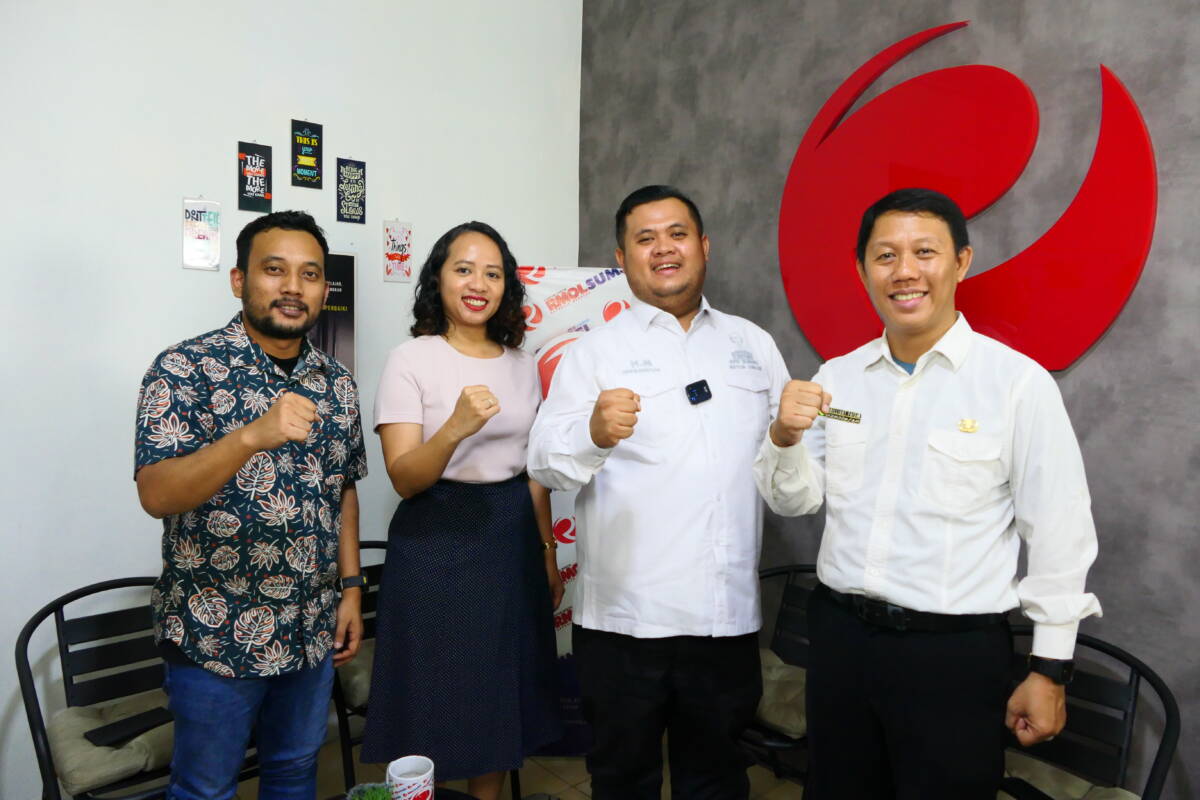Palembang, December 6, 2023 – South Sumatra, also known as Sumsel, is a province in Indonesia that has immense economic potential. To promote sustainable economic growth, shifting towards renewable energy sources is crucial. This transition not only benefits the environment but also positively impacts the financial sector in South Sumatra.
Marlistya Citraningrum, Sustainable Energy Access Program Manager, Institute for Essential Services Reform (IESR), explained that Indonesia should prepare for the energy transition to ensure its people’s and economy’s well-being. Marlistya has observed that the perspectives on energy transition differ globally, nationally, and locally. For example, while some countries have already started adopting renewable energy and secured financing, Indonesia has only recently begun the energy transition process in the last ten years, which may take longer due to the presence of coal-producing areas that require long-term planning. To ensure a successful transformation, it is crucial to consider the opinions of various stakeholders, including entrepreneurs, workers, and communities living in the vicinity.
“The energy transition has the advantage of promoting an energy “democracy” in the economic system, where various parties can pursue renewable energy. For example, individuals can aim for renewable energy by installing solar panels in their homes. This creates opportunities for many parties to enter the renewable energy industry.,” said Marlistya Citraningrum in the RMOL South Sumatra Editorial Room Podcast on Wednesday (6/12).
Furthermore, Marlistya stated that exploring alternative economic sectors in coal-producing areas is essential during the energy transition process. Marlistya emphasized that South Sumatra is not just an energy granary but also a food granary. This means that certain agricultural commodities and plantations can contribute to the economy and improve the quality of life, access to financing, and capital.
“Diversifying the economy in the energy transition requires preparation, not only in terms of regulations but also the readiness of the business world and how the community will deal with it. Business diversification is one of the strategies for the business world, especially those engaged in fossil energy. However, we need to emphasize social justice for those affected should be a priority. For instance, providing certification or training for working in the green economy may be necessary,” Marlistya explained.
Brilliant Faisal, Functional Planner Associate Expert, Regional Development Planning Agency (Bappeda) of South Sumatra (Sumsel), mentioned that his party plans to create new training programs for the community to prepare for the energy transition process. Faisal also said that they will prepare regional regulations related to economic transformation to ensure an equitable energy transition.
“We have planned eight main strategies to be implemented from 2024 to 2026. These strategies aim to achieve economic transformation, enhance the regional economy’s conduciveness, promote equitable development, and improve the workforce’s quality and competitiveness. This is necessary because South Sumatra heavily relies on its primary sectors, such as coal,” said Faisal.
Hermansyah Mastari, Chairman of the Regional Executive Board (BPD) of the Indonesian Young Entrepreneurs Association (HIPMI) of South Sumatra Province, explained that his party always synergizes with companies that will invest in South Sumatra. However, it is crucial to have the support of the local government, particularly in guiding major companies operating in the fossil fuel industry to prepare themselves and the local community for the shift towards renewable energy.
“In the past, there was a phenomenon where job seekers invaded one factory since dawn, and they were willing to queue since dawn. Such occurrences should not happen. Therefore, it is essential for big corporations to not only fulfill their corporate social responsibility but also take initiatives to train residents in skills that can help them earn a livelihood and contribute to the economy’s growth,” said Hermansyah.

